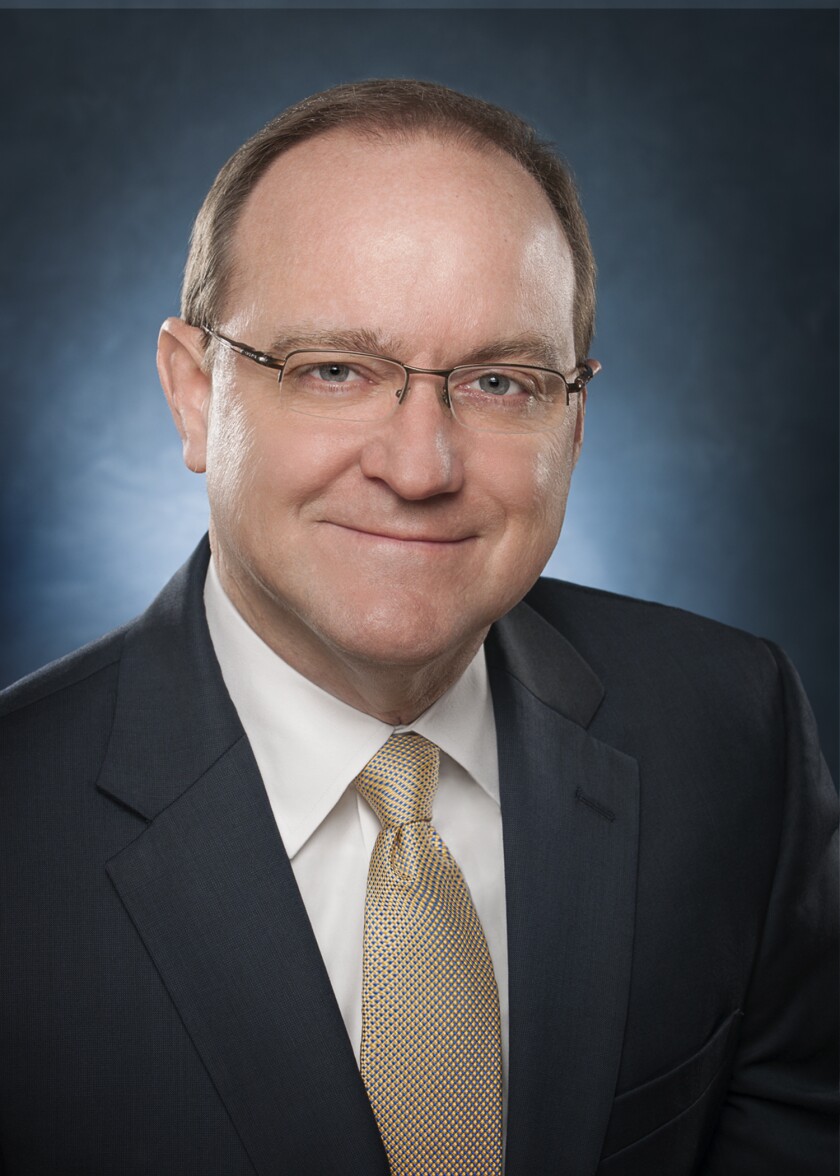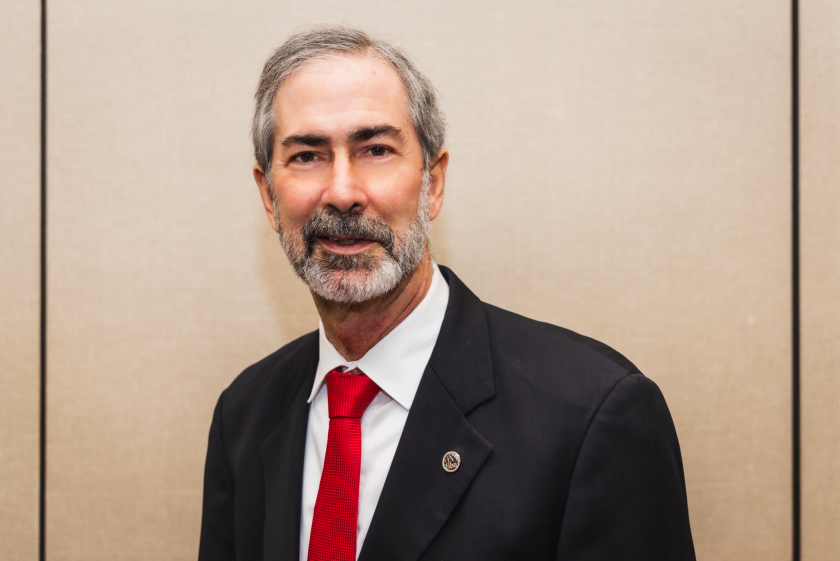The staff of the American Institute of CPAs, the International Ethics Standards Board for Accountants and the International Auditing and Assurance Standards Board have jointly released guidance on the use of specialists in COVID-19 environment, including some considerations involving the use of specialists when auditing financial statements during the pandemic.
The staff guidance, released Tuesday, aims to help accountants and auditors determine when there might be a need to use the services of a specialist to help them perform specific tasks and other professional activities within their own organizations, as well as when they serve their clients during the COVID-19 pandemic. The publication discusses some of the ethical considerations for accountants to think about when using a specialist, along with some of the circumstances that indicate a need for a specialist when auditing financial statements.
The novel coronavirus pandemic has forced many accountants and auditors to work remotely, as well as curtailed travel to client locations, particularly those located abroad, when travel restrictions remain in place in many countries.
Koonce is the Chief Claims Officer, for Sedgwick. In this role, Koonce is responsible for product development and innovation, industry analysis and thought leadership, best practices and compliance standards, legislative and regulatory relationships, and continued involvement in client programs for Sedgwick's lines of business.
Prior to his current role, Koonce was the Managing Director responsible for Sedgwick's casualty retail business unit in which he oversaw program results and service execution across the company's retail customer base. This included use of innovation and technology to improve client outcomes and customer experience.
Prior to joining Sedgwick, Koonce was senior director of risk management for Walmart Stores, Inc., the nation's largest private sector employer. In this role, he managed the retailer's domestic property and casualty claims program. He simultaneously served as president of Claims Management, Inc., Walmart's wholly owned third party administrator.
David Schwartz is the president and CEO of the Financial International Business
Association, or FIBA, where he promotes growth and advancement in international
banking and finance through education, advocacy and networking. With extensive
experience in international banking and compliance, David has held leadership roles at
institutions like Regions Financial Corporation and Banque Sudameris. Fluent in
multiple languages, he holds a Juris Doctorate from New York Law School and a black
belt in Shuri-Ryu Karate. He also serves on various community boards and actively
contributes to educational and health organizations in South Florida.
The guidance points out that the pandemic could also pose threats to ethical standards, and accountants may find it challenging with the changing laws and regulations pertaining to COVID-19. They may come under pressure to breach the principles of professional competence, due care and professional behavior. “Those who perform audits of financial statements may face additional challenges as well, including considerations related to auditor independence,” said the document. During the pandemic, accountants also might not have access to the usual resources they have at their offices to ensure competent performance, and they may need to turn to outside specialists to help them perform certain tasks or undertake some engagements.

The publication was developed by the staff of the AICPA under the auspices of a working group formed by the IESBA and national ethics standard setters from Australia, Canada, China, South Africa, the U.K. and the U.S. The working group was chaired by IESBA deputy chair Richard Fleck with the goal of developing implementation support resources to help accountants effectively apply the International Code of Ethics for Professional Accountants (including International Independence Standards) when facing circumstances created by the COVID-19 pandemic. IESBA and IAASB staff also provided their input. The working group plans to develop more COVID-19 guidance in the weeks ahead.


